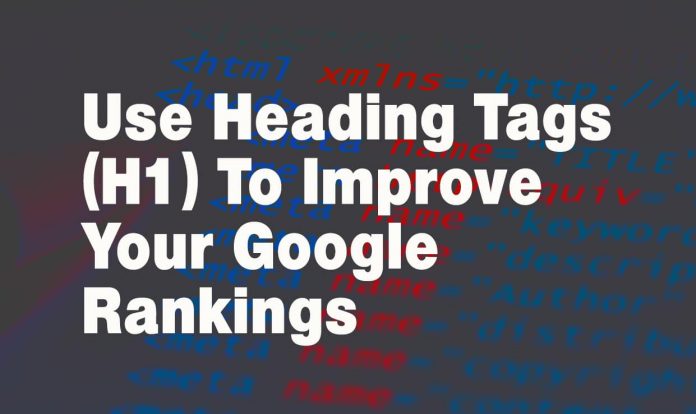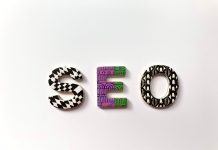The most common e-commerce practices of SEO Auckland focus on elements like meta titles, meta descriptions, etc. These tags are shown up on SERPs, or search engine result pages. On the other hand, there are tags that appear on your website page that play a significant role in ranking on SERPs. It allows search engine spiders and human users to better understand the content of your web page and further establish how relevant your page is.
Your SEO ranking can be improved by optimizing your H1 tags and using under mentioned tips:
- Write with Users in Mind
User experience matters in every area of SEO, including how you write your heading tags. In all the modern SEO Auckland practices, you should write content and organize it in a way that users can easily read and navigate. Try not to write an H1 too long either. Instead, keep it to one sentence that’s between 20-70 characters. Also, ensure that your H1 answers your user’s intent upon finding and clicking your website.
- Use Target Keywords
The H1 tag must include the keyword you are targeting. Target keywords must be closest to the starting of the H1 tag. It helps you avoid it being drowned out by less important terms. While deciding on the keyword to include in your H1 tag, it is good to use long-tail keywords. They are easier to rank for and target a more specific, high-intent search. In addition, use long-tail keywords to feel more natural in the H1 tag.
- Match Your H1 & Title Tag
Avoid using the title and H1 tag in a different way. It will confuse the users and search engine crawlers to understand what the page is about. Remember, your page title should match with the H1 and it should further match with the meta tags, meta description, and content overall in addition to your page title’s keywords. With this, Google will perceive your content to be more relevant to the keyword you are targeting.
- Maintain Heading Hierarchy
HTML tags help you bring some much-needed structure to your page’s code and content. It can be done by introducing a structure of hierarchy towards your content; H1 is the largest and most important heading tag, followed by H2, H3, and so on. Thus, it is essential to maintain that order on your page to improve the user experience for humans and help search engines better understand the structure of your page and the importance of its elements.
Conclusion
The essence of modern SEO is optimizing your website and its content for a better user experience. With modern SEO practices, optimizing your H1 centers around improving how a customer or reader views your content is important. Search engines or SEO Auckland professionals should start shifting their focus if they have not already. H1 tags are usually overlooked by most current SEO strategies. By performing an SEO audit of your Logo Design Auckland and its site, you can find small things that may be affecting how your pages rank on SERPs.
















